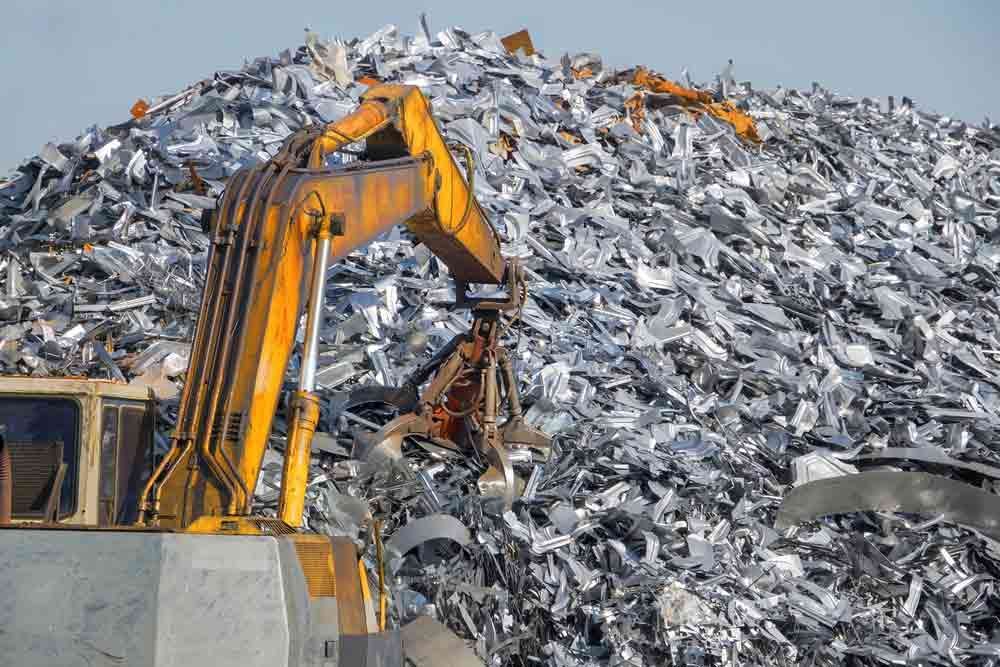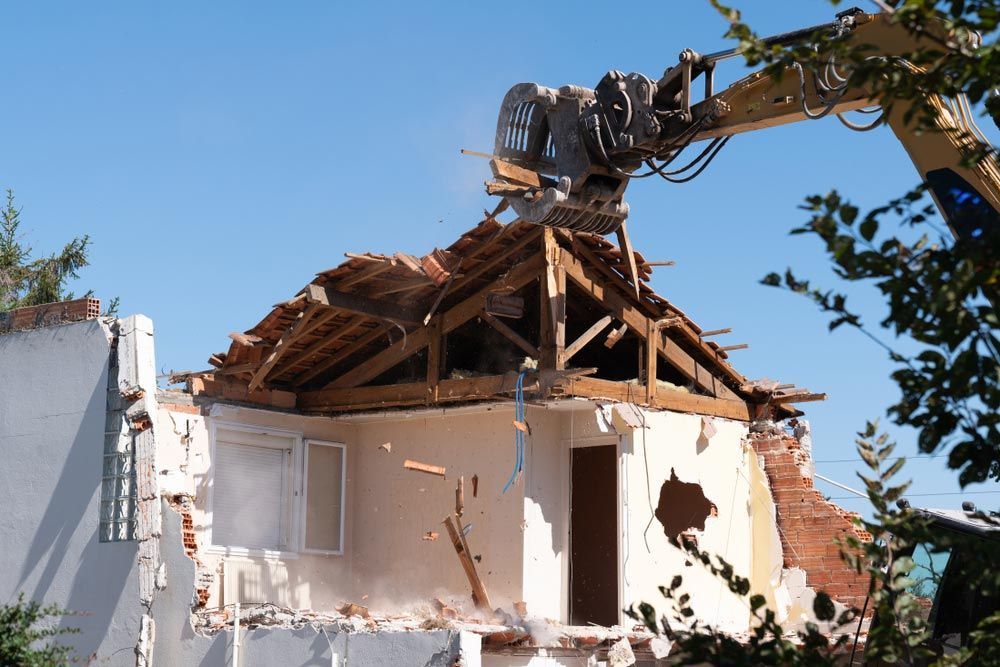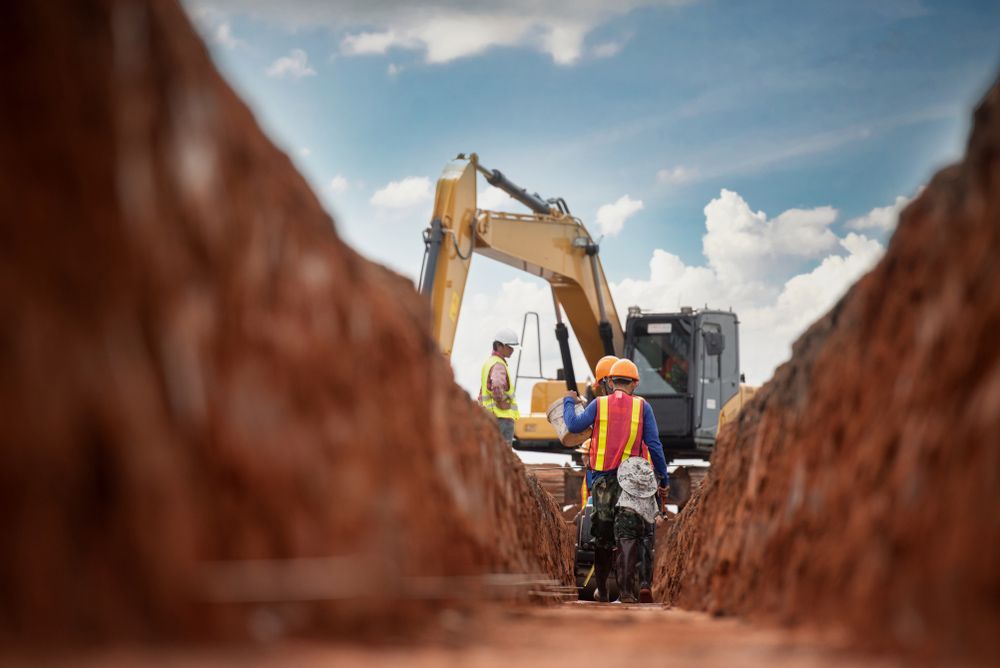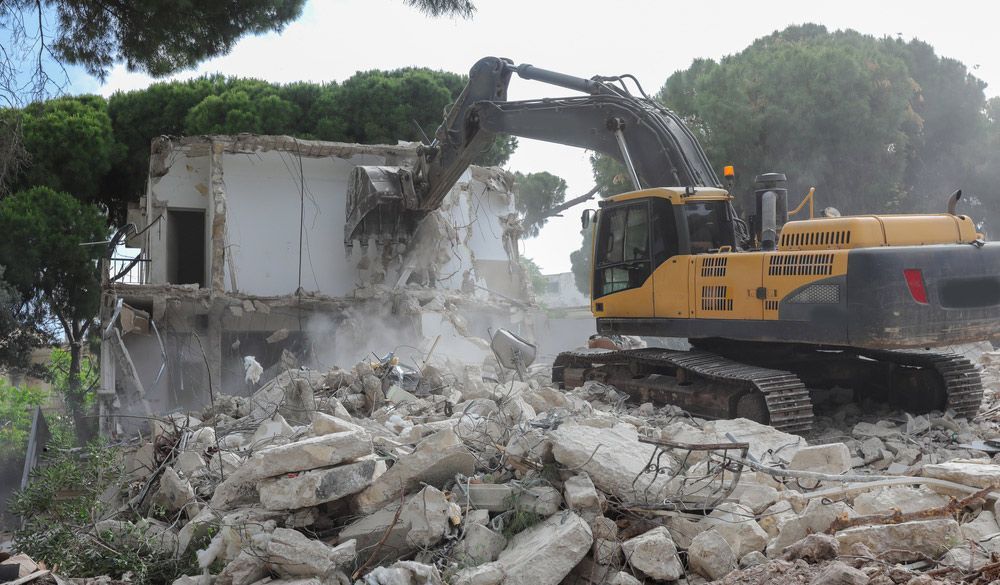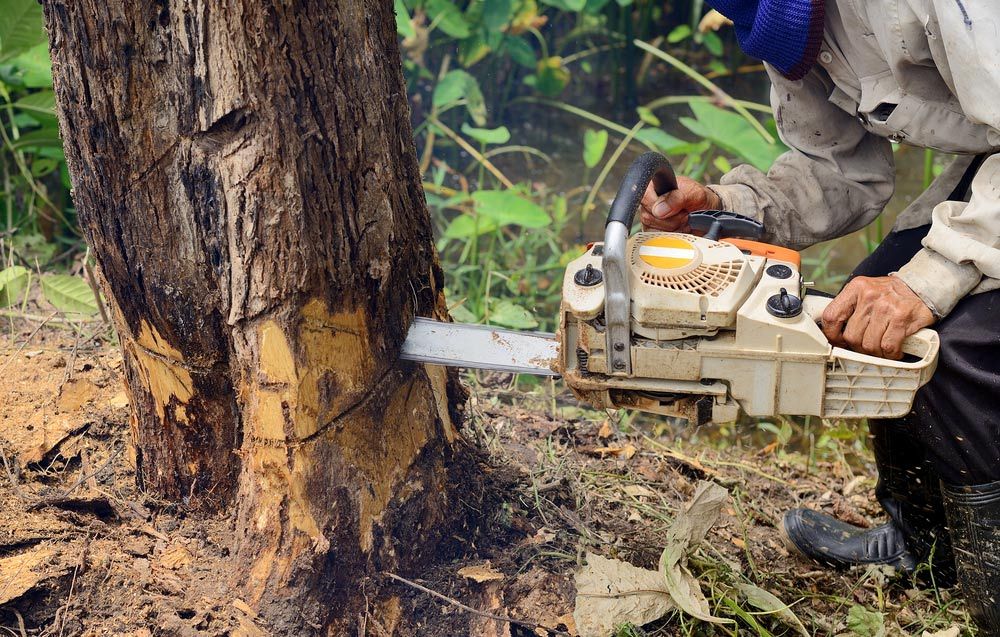Blog
How To Reduce Construction Waste And Save Money
Admin | February 13, 2024
The construction industry is a major contributor to global waste, with vast amounts of materials ending up in landfills each year. This not only poses a considerable environmental challenge but also impacts the bottom line of projects.
An innovative solution to this problem lies in the crushing and recycling of construction materials. By adopting these practices, the industry is making a deliberate move towards sustainability. This approach not only helps reduce the environmental footprint of construction projects but also offers a pathway to cost savings.
Defining Crushing And Recycling In Construction
Here's a closer look at crushing and recycling in modern construction projects.
Crushing
Crushing involves breaking down construction materials into smaller pieces using specialised machinery. This process is suited for materials like concrete, asphalt, bricks and stones. It aims to repurpose them for new construction uses such as base material for roads, aggregate for new concrete or fill material.
Recycling
Recycling goes beyond the mechanical process of crushing. It involves the collection, processing and repurposing of waste materials from construction and demolition. This broader approach includes sorting, cleaning and transforming a wide range of materials, including metals, plastics, wood and glass, into new products.
Benefits Of Crushing And Recycling Construction Materials
Here are the key benefits of crushing and recycling construction materials:
Conserves Natural Resources
By recycling, the demand for raw materials decreases, preserving these resources for future use. This not only helps in maintaining ecological balance but also ensures the availability of these materials for generations to come. Recycling construction materials like concrete, steel and wood reduces the need to extract new materials, thereby protecting natural habitats and reducing environmental degradation.
Enhances Company Reputation
Adopting green practices improves your brand image, making your company more attractive to clients who value sustainability. This positive perception can lead to increased business opportunities as more clients are looking to partner with companies that demonstrate a commitment to environmental responsibility. Furthermore, a strong reputation for sustainability can also attract top talent to your company, as employees are increasingly seeking employers with ethical and sustainable practices.
Can Crushing And Recycling Really Save You Money?
Yes, crushing and recycling can indeed save money in construction projects. By transforming waste materials into usable resources, these practices significantly reduce the need for new raw materials, thereby lowering purchase costs.
Additionally, they minimise waste disposal fees by diverting materials away from landfills. The initial investment in crushing and recycling equipment often pays for itself through these savings. In essence, the economic benefits of crushing and recycling extend beyond mere cost savings, contributing to a more sustainable and profitable construction process.
Traditional Disposal Vs Crushing And Recycling
| Aspect | Traditional Disposal | Crushing And Recycling |
|---|---|---|
| Cost Savings | - Higher landfill fees - Costs associated with transporting waste | - Reduced landfill fees - Savings on material costs |
| Environmental Impact | - Increases carbon footprint - Contributes to landfill expansion | - Reduces carbon footprint - Conserves natural resources |
| Material Efficiency | - New materials required for each project | - Recycled materials reused on-site |
| Brand Image | - Seen as less environmentally responsible | - Enhances reputation for sustainability |
Take A Step Towards Sustainable Construction Projects
In conclusion, the reduction in landfill fees, coupled with savings on material costs, make crushing and recycling a cost-effective choice for environmentally conscious projects. So, are you ready to take the next step in sustainable construction practices? Reach out to us at Boland Contracting for comprehensive crushing and recycling services in Wellington. Let's pave the way for a greener future in construction, turning waste into valuable resources and achieving significant savings in the process.

